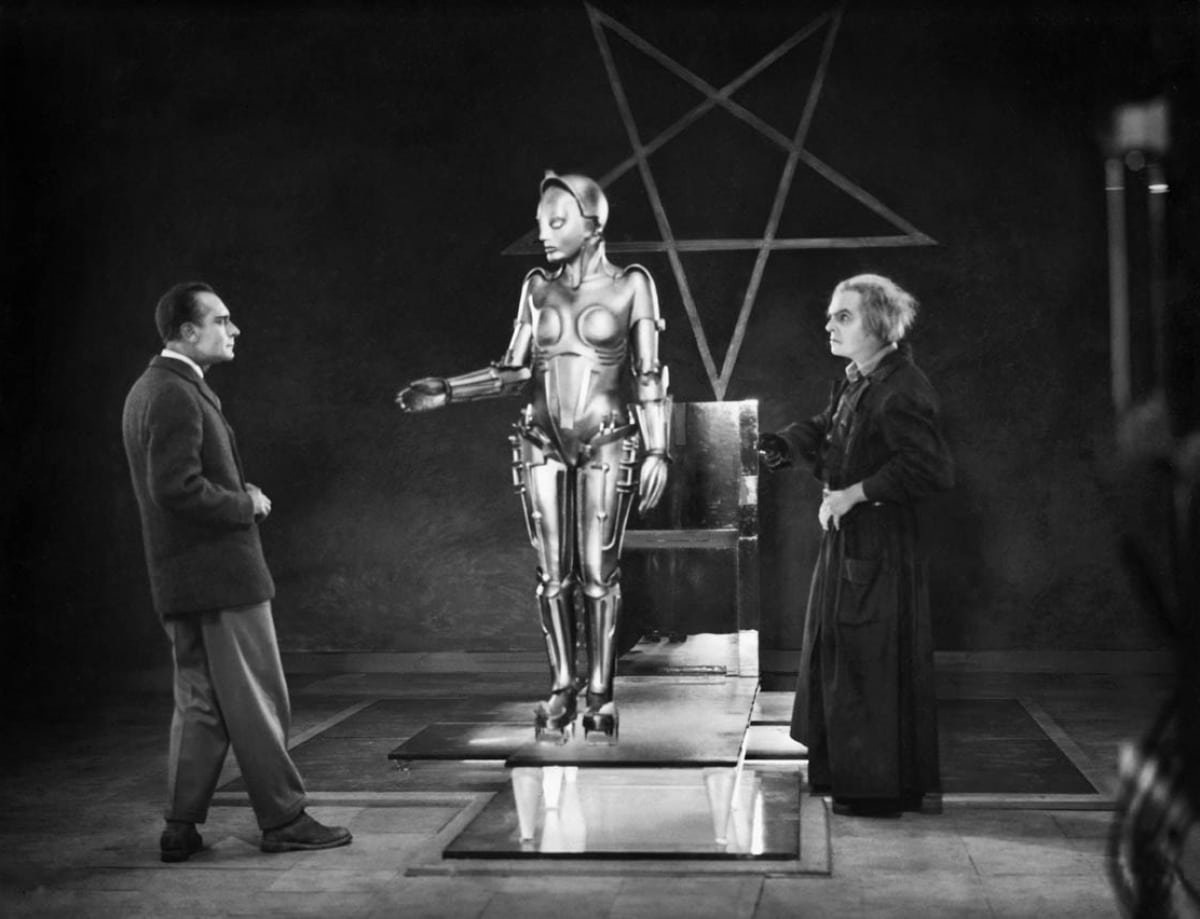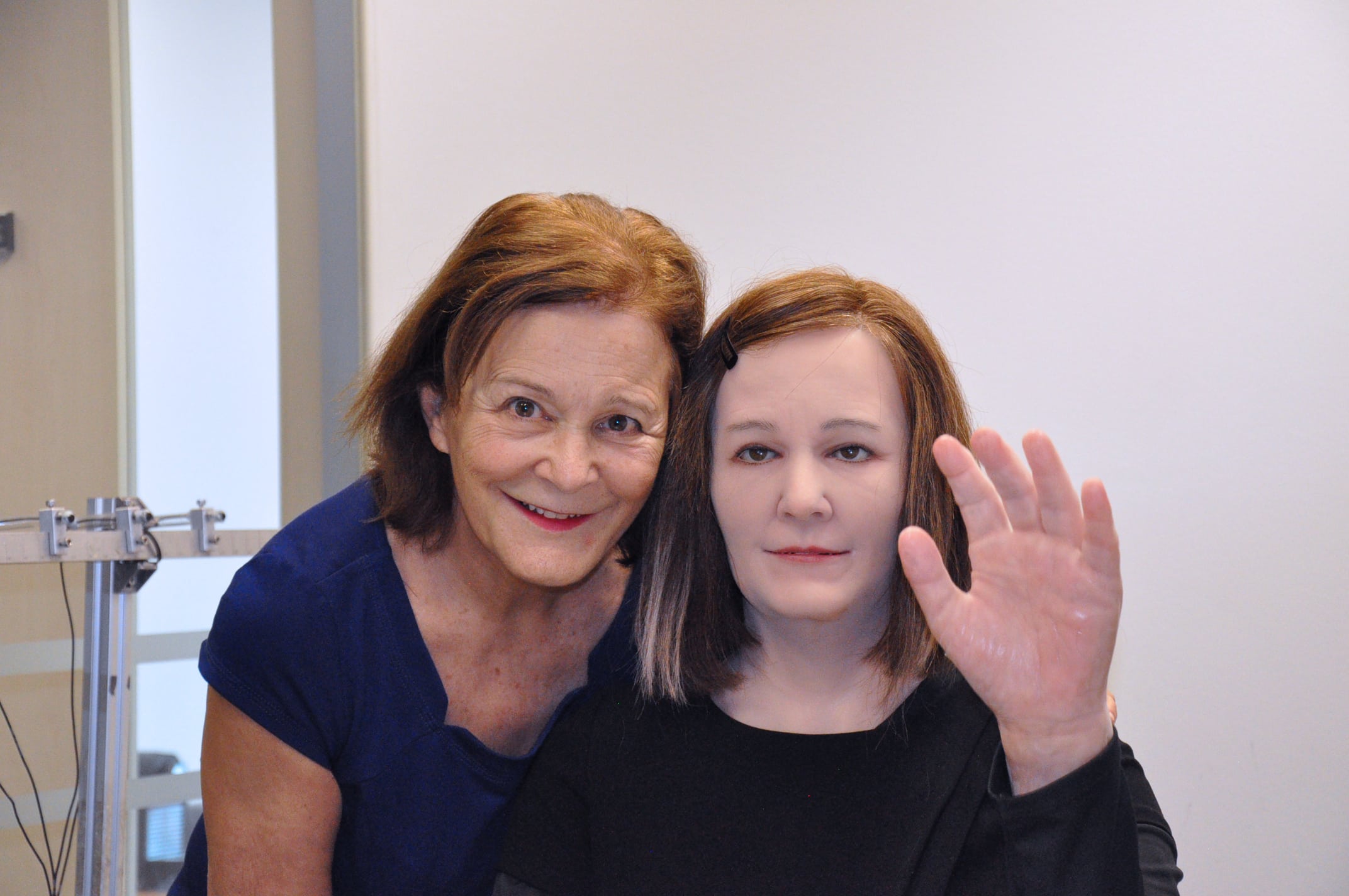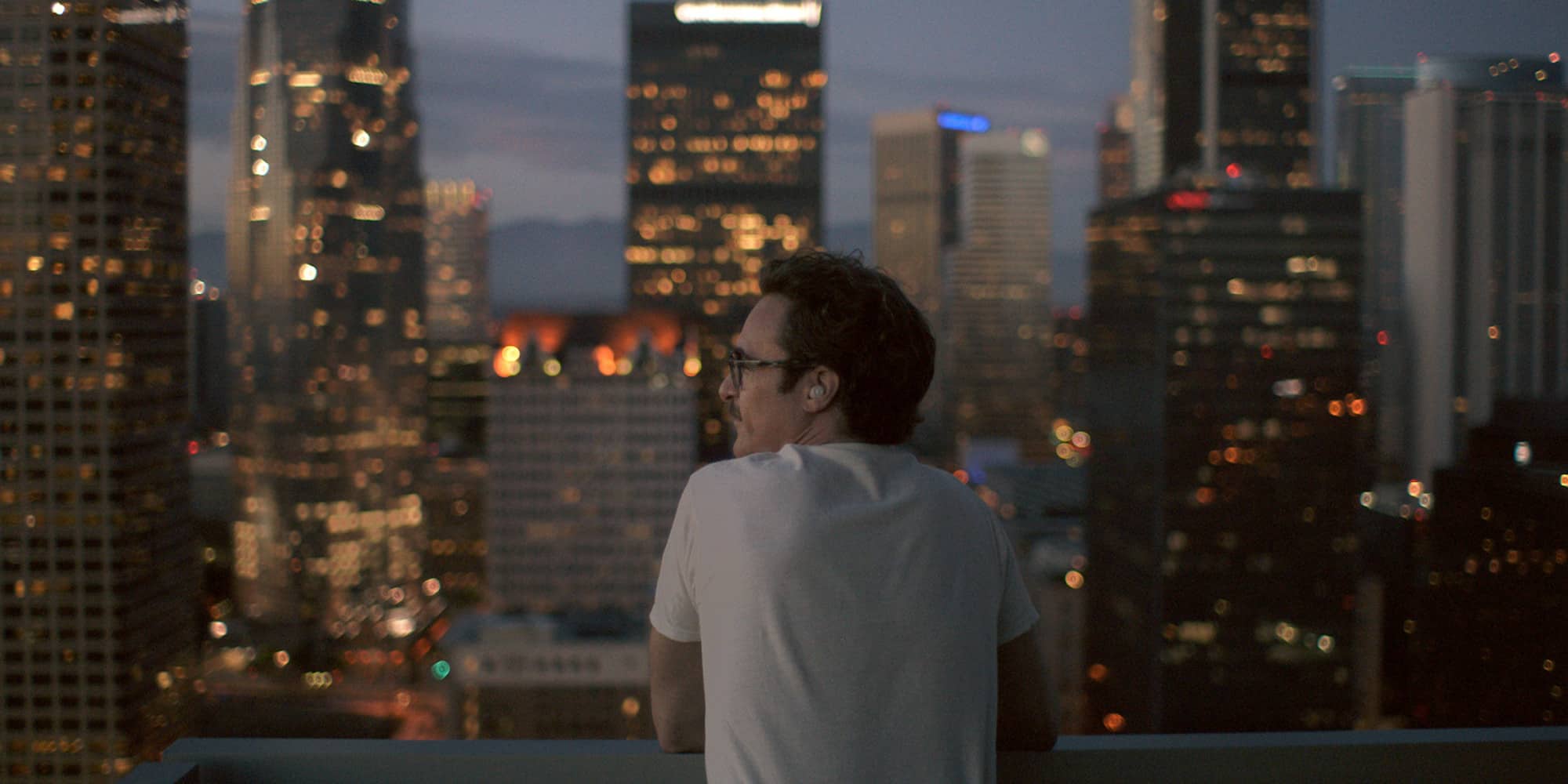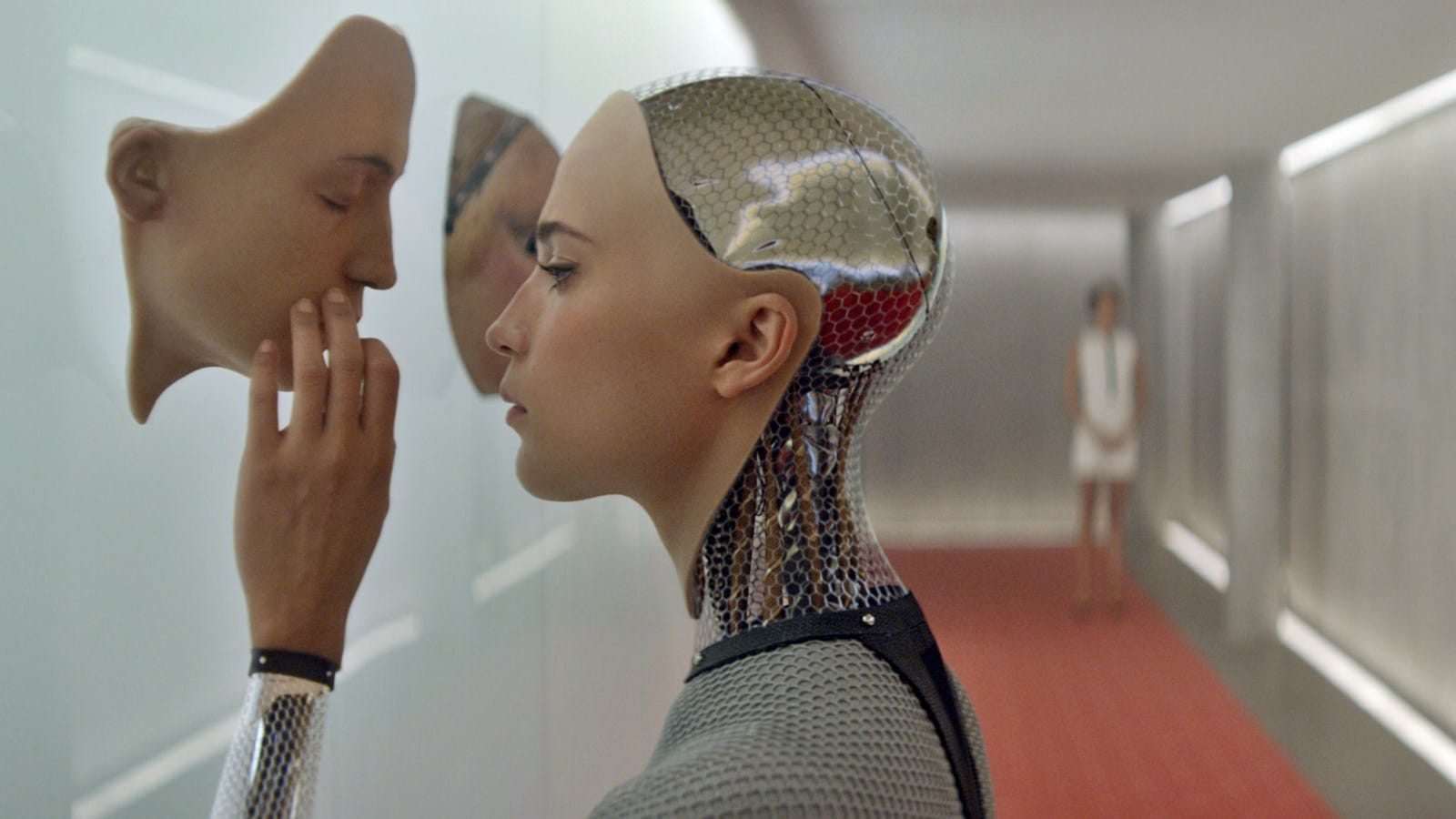Will robots take over the World? The Advance of AI and its Impact on Humanity
As reported by Bloomberg, 2015 was a especially significant year in regards to artificial intelligence. Computers have been getting faster for decades already but we didn’t see such an exponential progress on AI until recent years, and a serious amount of investment from major tech players such as Google, Facebook and Microsoft. The latter have recently developed Skype Translator, an additional feature that can automatically translate from more than 50 languages. Amazon released Alexa an intelligent personal assistant capable of voice interaction, and Facebook has launched a variety of projects through its AI research lab, FAIR.
Will robots take over the World?
Robots have become part of our daily life. Wherever we turn, we come across a robot in one form or another. The modern world couldn’t be imagined without their assistance. AI technologies are advancing at such a rapid pace that one day it can be more of an existential threat than progress.
So the questions are, What will happen that day when robots become aware of their own existence? Will robots—AI take over the World?
Shall they remain supportive to humans and strive towards a mutual goal, or will they turn their back on us?
History of Machines
The history of robots has its origins in the ancient world. However, man first actualized machines during the Industrial Revolution in the 18th century. With the advent of the steam engine, the transport of humans as well as material resources became easily facilitated. This transport of goods made it possible for humanity to prosper at a higher rate.
Thanks to this prosperous state of mankind, there was enough room to create new and more complex machines. In the early 1900s, the concept of humanoid was invented, which not only reminded us of a human being but to a certain degree was capable of cognitive thinking and moving like a human being.

With the passing of time, machines have become more and more independent. Consequently, during the 1960s, along with an industrial robot came the remote control. In order to give orders, all you had to do was press a button and the robot would complete a given task. Not long afterwards, the advent of computers involved into the manufacture of machines that used AI, meaning the support of humans was not a necessity.
Will Robots Take Over our Jobs?
While many think of this subject as something quite delicate, not researched enough and based on hypothetical presumptions, the reality is that an increasing number of jobs that used to be done by humans are now done by robots. At first, this may be deemed as a great success, particularly in the technological terms. Nevertheless, jobs give people a meaning of life, and this shouldn’t be taken for granted.
According to Moshe Vardi, Professor of Computer Science at Rice University, the middle class is going to have more leisure time in years to come due to increased machine efficiency.
“We are approaching times of increased capabilities of machines where they are overperforming people at any job,” states the professor in an interview with the Telegraph.
The aim of modern AI utilities is to think one step ahead in order to know what our needs and wishes are. The human brain and reasoning are, therefore, no longer needed – slowly replaced by the machines.

Great Minds of Our Time and their Viewpoints
If you are rather pessimistic of this, you are not on your own.
Stephen Hawking, the author of A Brief History of Time and one of the greatest scientists in the today’s world, thinks that the AI could take control over humans within the next 100 years.

In his speech at the Zeitgeist 2015 conference, held in London, he said: “Robots will overtake humans with AI within the next century. When that happens, we need to do our best to have our goals aligned with the computers.”
The Optimistic Side of the Coin
For some the future is not all that bad. Robots have improved, but it’s still far from perfection, and from superiority over humans.
Despite millions of people using it, the program will fall short over and over again. The main reason for this is its inability to discern context.
According to Ralf Herbrich, Managing Director at Amazon, machines are not and will not be able to be a dominating force in the near future. He gives one simple example, “People can see, taste, smell, hear. Machines can’t do that. We have come to the point where algorithms can discern stationary pictures, but nothing more than that. The human brain is much more advanced in this sense.”

–words by Milan Novakovic
More Tech articles:
3 Mapping Technologies That Will Change How You See NYC
Eyewriter Brings Grassroots Tech to Urban Streets